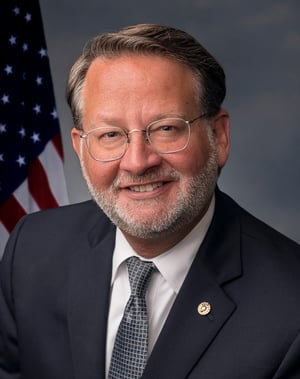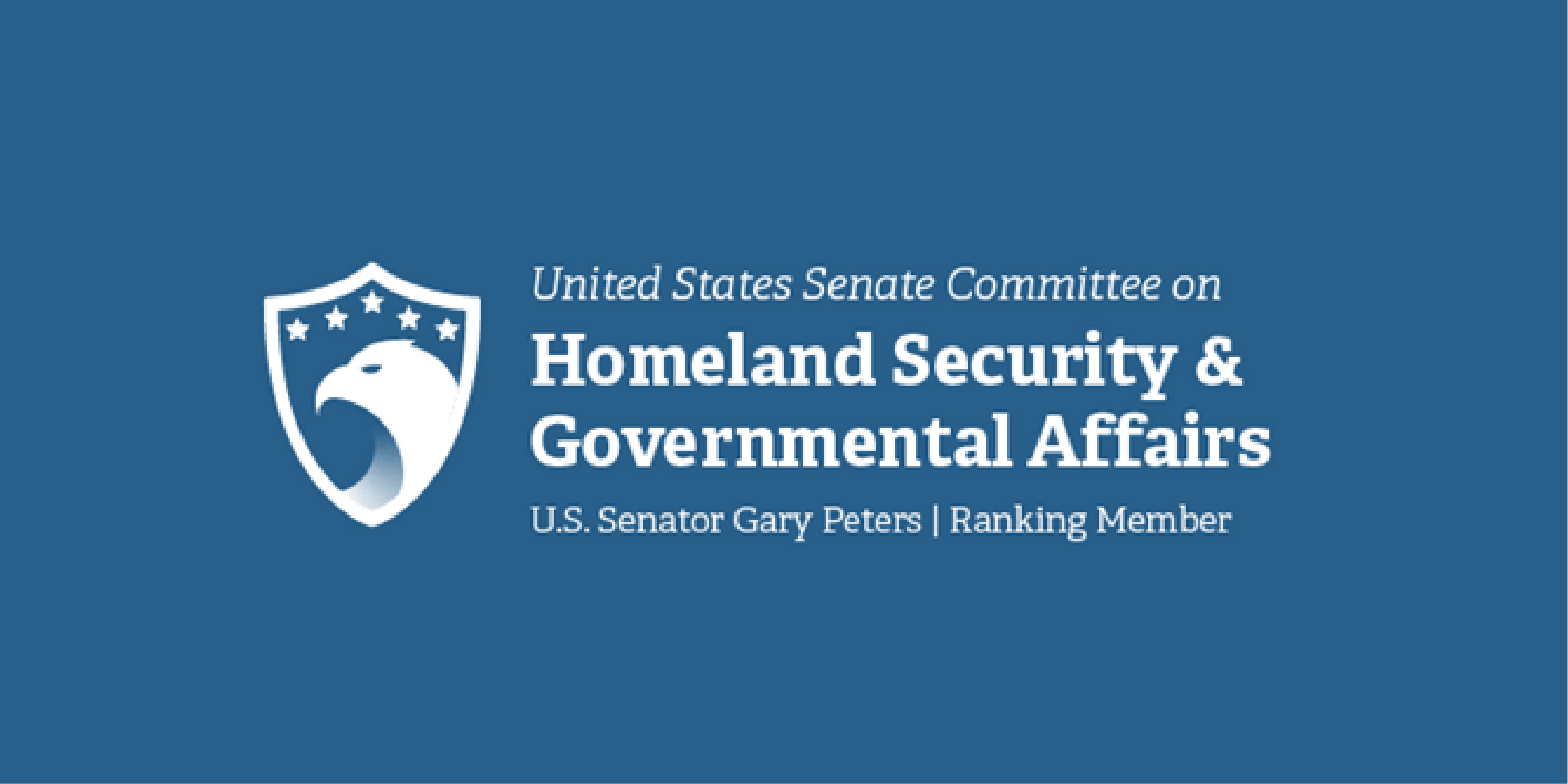
WASHINGTON, DC – The President has signed into law U.S. Senator Gary Peters’ (MI) bipartisan legislation to establish a National Integrated Flood Information System. The bill recently passed the U.S. House of Representatives and unanimously passed the U.S. Senate last year.
The Flood Level Observation, Operations, and Decision Support (FLOODS) Act – which Peters reintroduced with U.S. Senator Roger Wicker (R-MS) – will provide funding to strengthen the National Oceanic and Atmospheric Administration’s (NOAA) ability to forecast floods, hurricanes, and tornados and disperse relevant information to local officials and first responders. Peters is a member of the Senate Commerce, Science, and Transportation Committee, which oversees NOAA.
“It’s important we have the resources to better prepare for severe weather like flooding, particularly as storms continue to worsen due to climate change,” said Senator Peters. “That’s why I was proud to help champion this bipartisan bill into law, which will strengthen NOAA’s ability to predict severe weather and protect the lives and livelihoods of folks across our state.”
“Flooding is a common and deadly natural disaster in the U.S., resulting in over $25 billion in annual economic losses,” said Senator Wicker. “Events in my home state of Mississippi, such as the prolonged opening of the Bonnet Carré spillway and the Pearl River and Yazoo backwater floods, underscore the importance of an effective understanding and response to high water. This legislation will protect lives and property by directing NOAA to improve its flood monitoring, forecasting, and communication efforts.”
“With flash floods occurring more frequently in every corner of the nation, early and reliable detection and warning is critical to save life and property,” said Cheryl Small, Executive Director, National Flood Association. “We believe the integration and partnerships — including with the private sector — that will be developed or improved through this legislation will result in a more prepared and resilient nation.”
“Investing in science and NOAA’s prediction and communication capabilities will help keep communities — particularly vulnerable communities in coastal and inland floodplains—safe,” said Rachel Cleetus, Policy Director and Lead Economist, Union of Concerned Scientists Climate & Energy Program. “This timely legislation will improve the NOAA’s forecasting through comprehensive data collection and integration at multiple levels, including governmental, private and non-governmental agencies and organizations.”
“Improving the nation’s resiliency to natural catastrophes including flooding will take the combined efforts of individuals, communities, businesses, and governments,” said Nathaniel F. Wienecke, Senior Vice President, American Property Casualty Insurance Association. “On behalf of our members, we commend Senator Peters and Senator Wicker for addressing this important issue by taking action to improve flood monitoring and forecasting.”
The FLOODS Act is also supported by the American Association of Flood Plain Managers, the American Property Casualty Insurance Association, National Wildlife Federation, Environmental Defense Fund, National Society of Professional Surveyors, and the U.S. Geospatial Executives Organization.
The bipartisan bill will also form partnerships between NOAA and institutions of higher learning to bolster total water predictions, assign a service coordination hydrologist at each National Weather Service River Forecast Center to support decision-making on the local and statewide levels, and establish a committee to increase coordination between federal agencies responsible for water management.
Peters has led numerous efforts to support Michigan communities that have been affected by flooding and other severe weather events. Peters secured $500 million in funding as part of the bipartisan infrastructure law for a program he created to help states establish revolving loan programs for local governments to carry out mitigation projects that reduce the risk of natural disasters, including extreme flooding, shoreline erosion, and rising water levels. As Chairman of the Homeland Security and Governmental Affairs Committee, Peters also convened a hearing with disaster preparedness and response experts to hear how worsening natural disasters, including flooding, severe storms, and wildfires, continue to harm lives and livelihoods in Michigan and across the nation.
###














